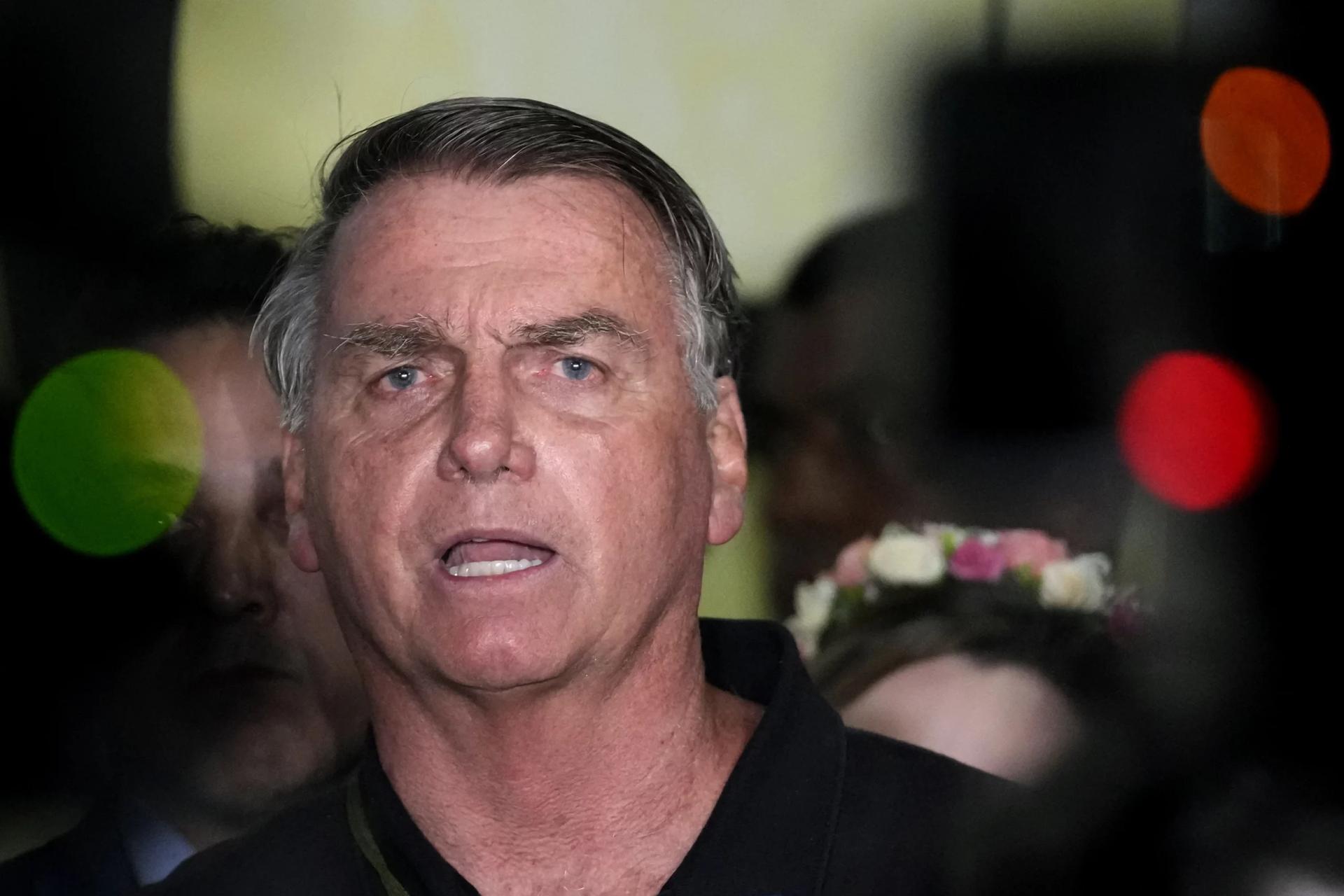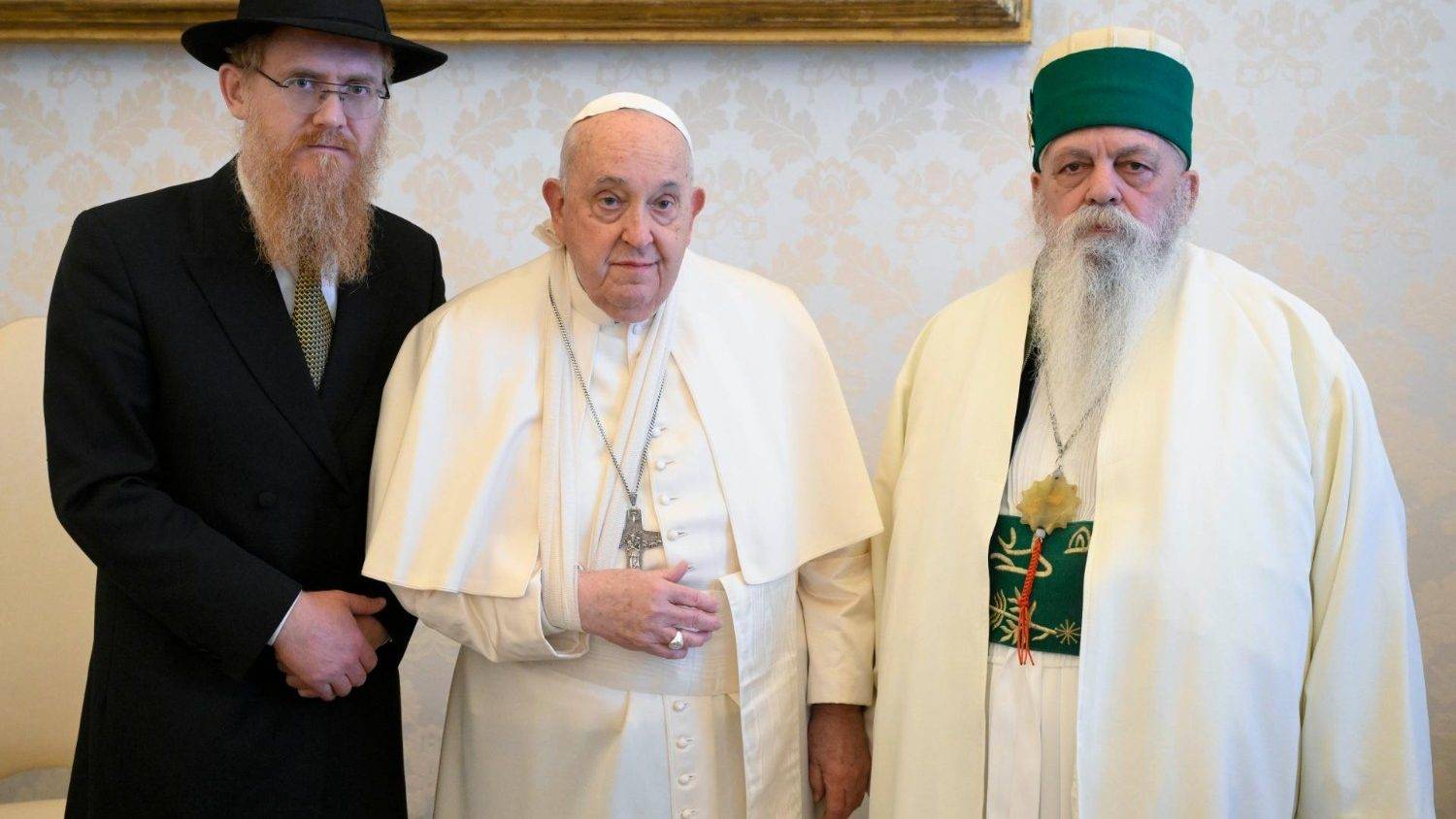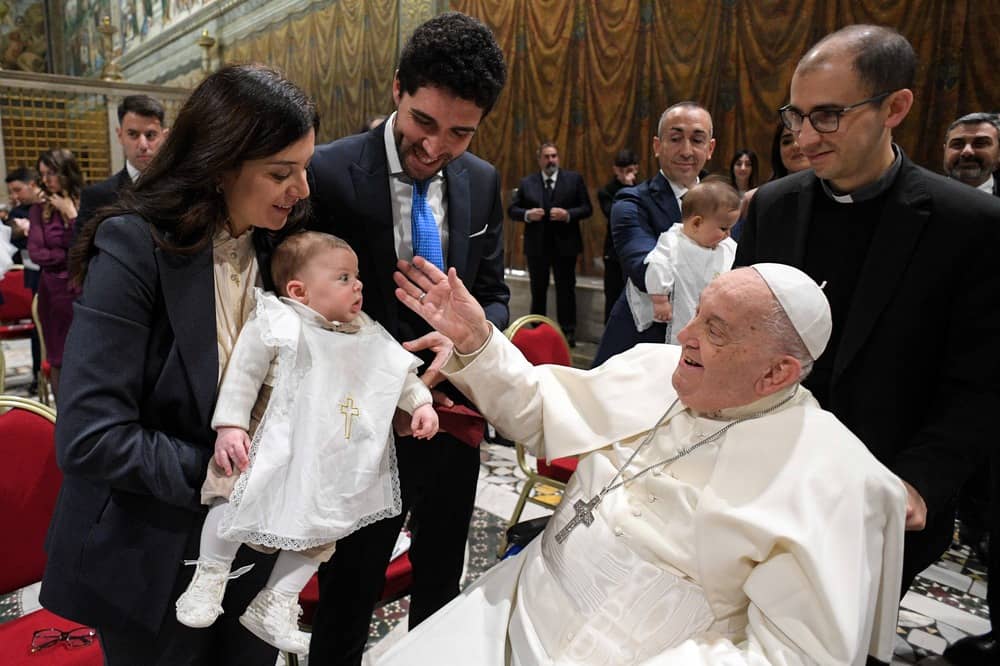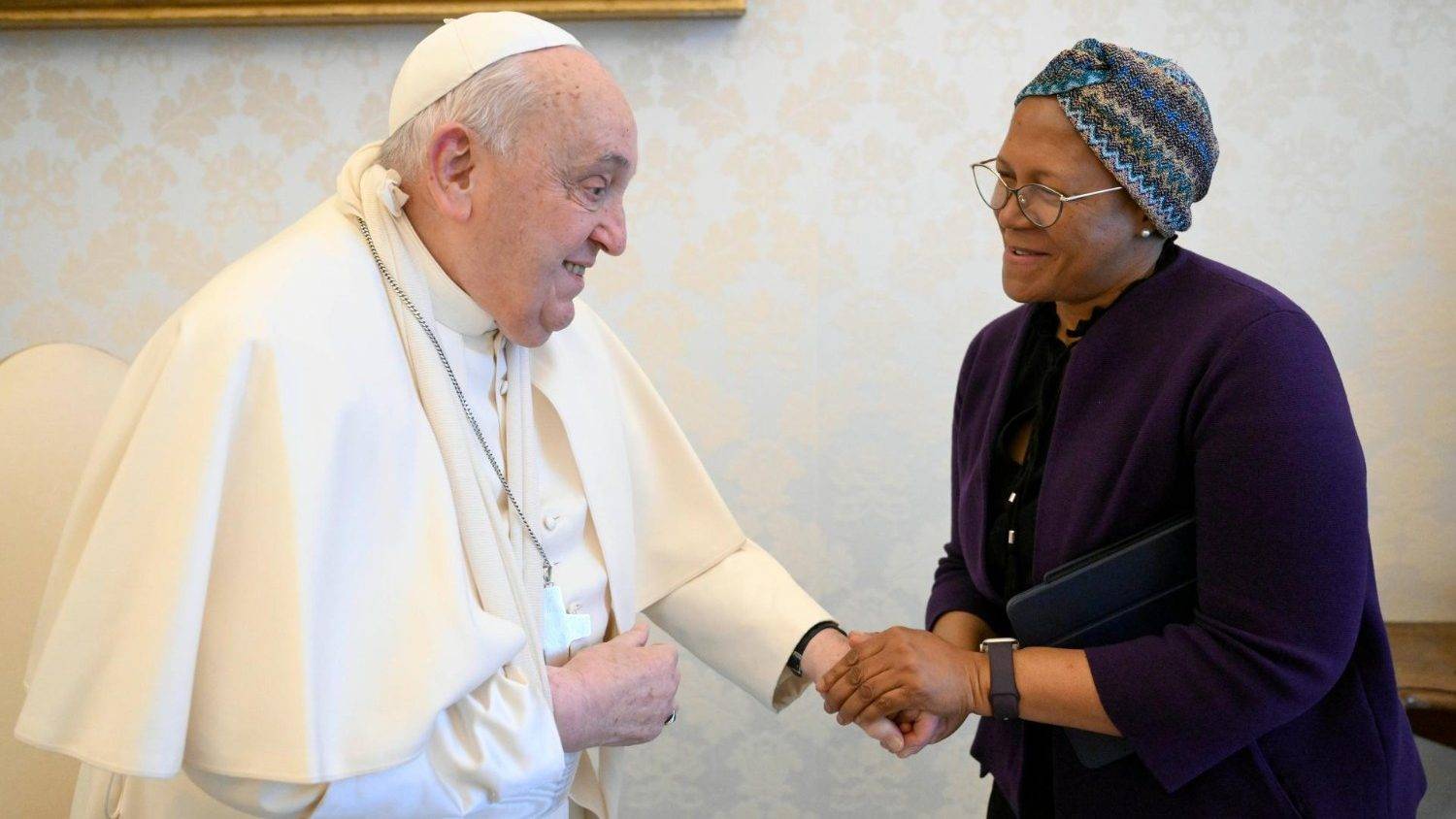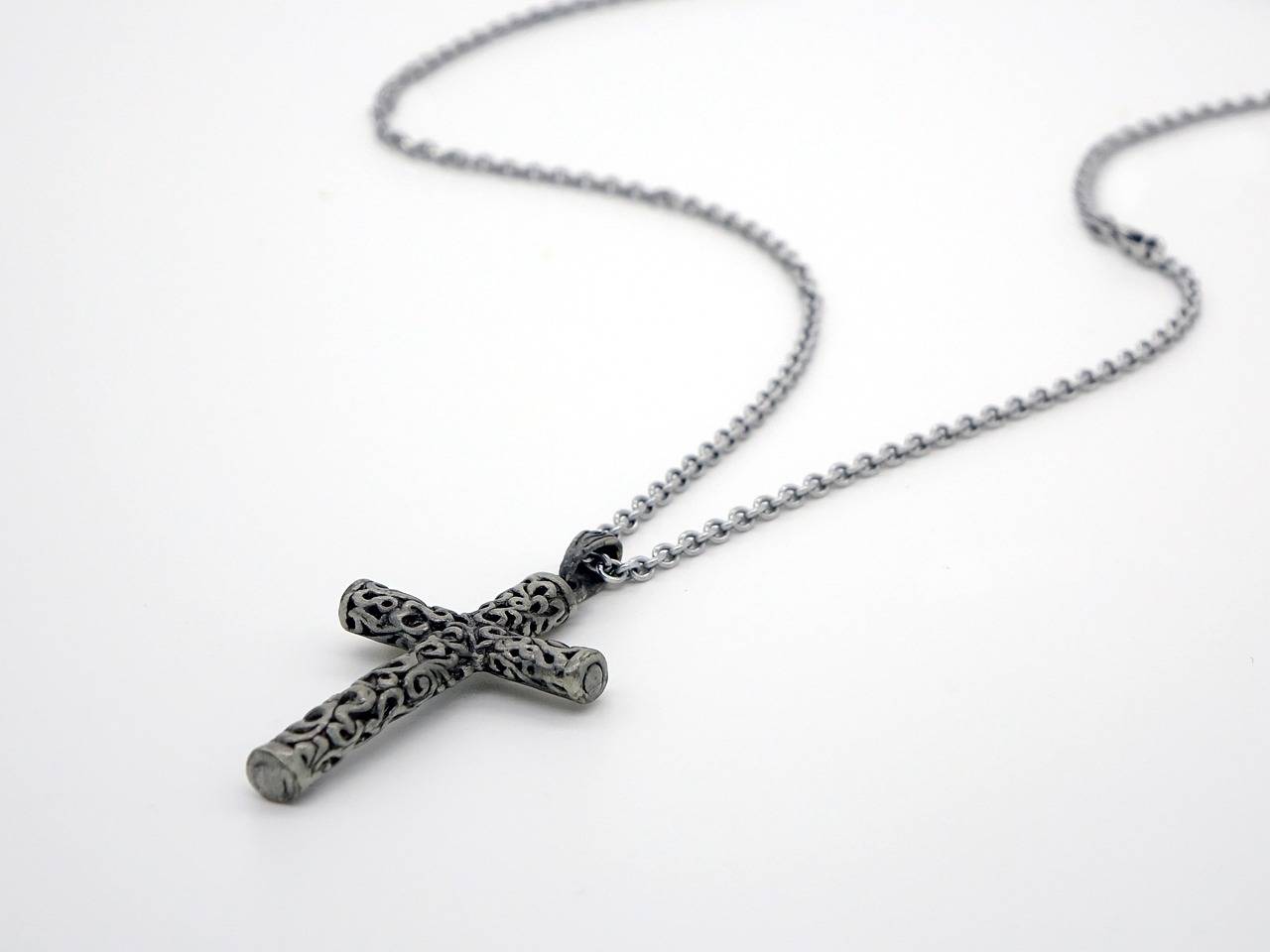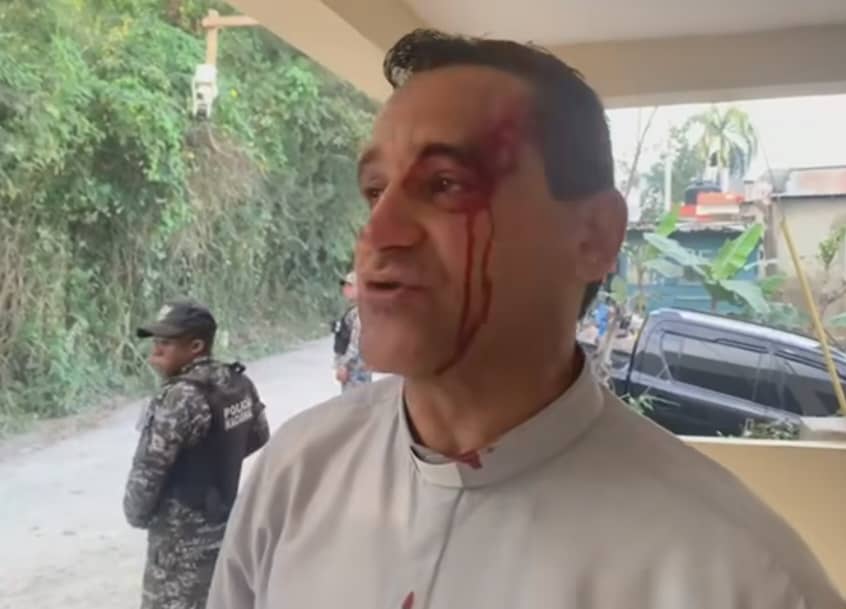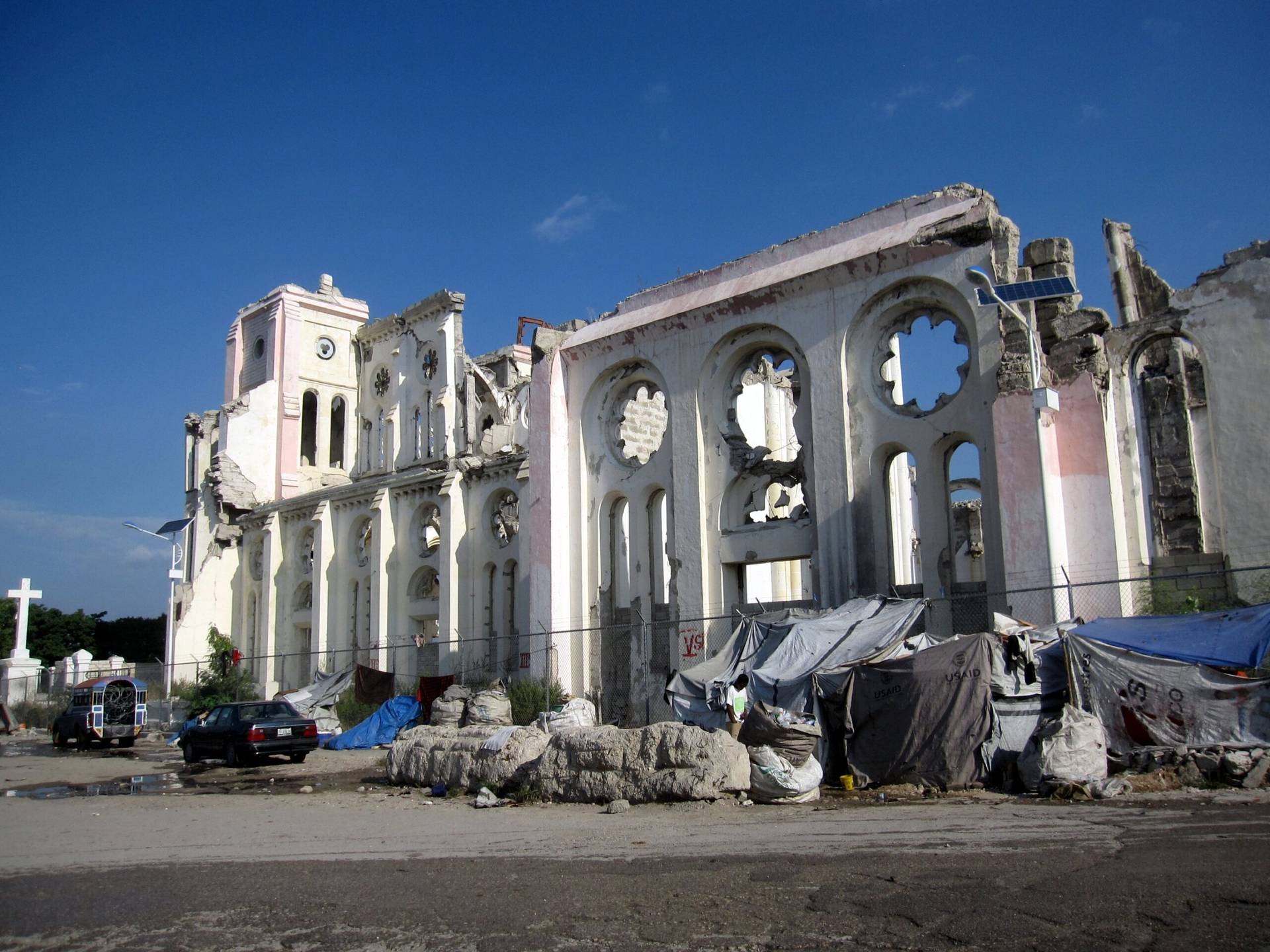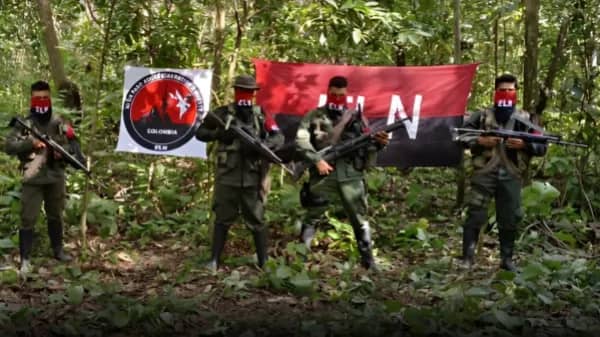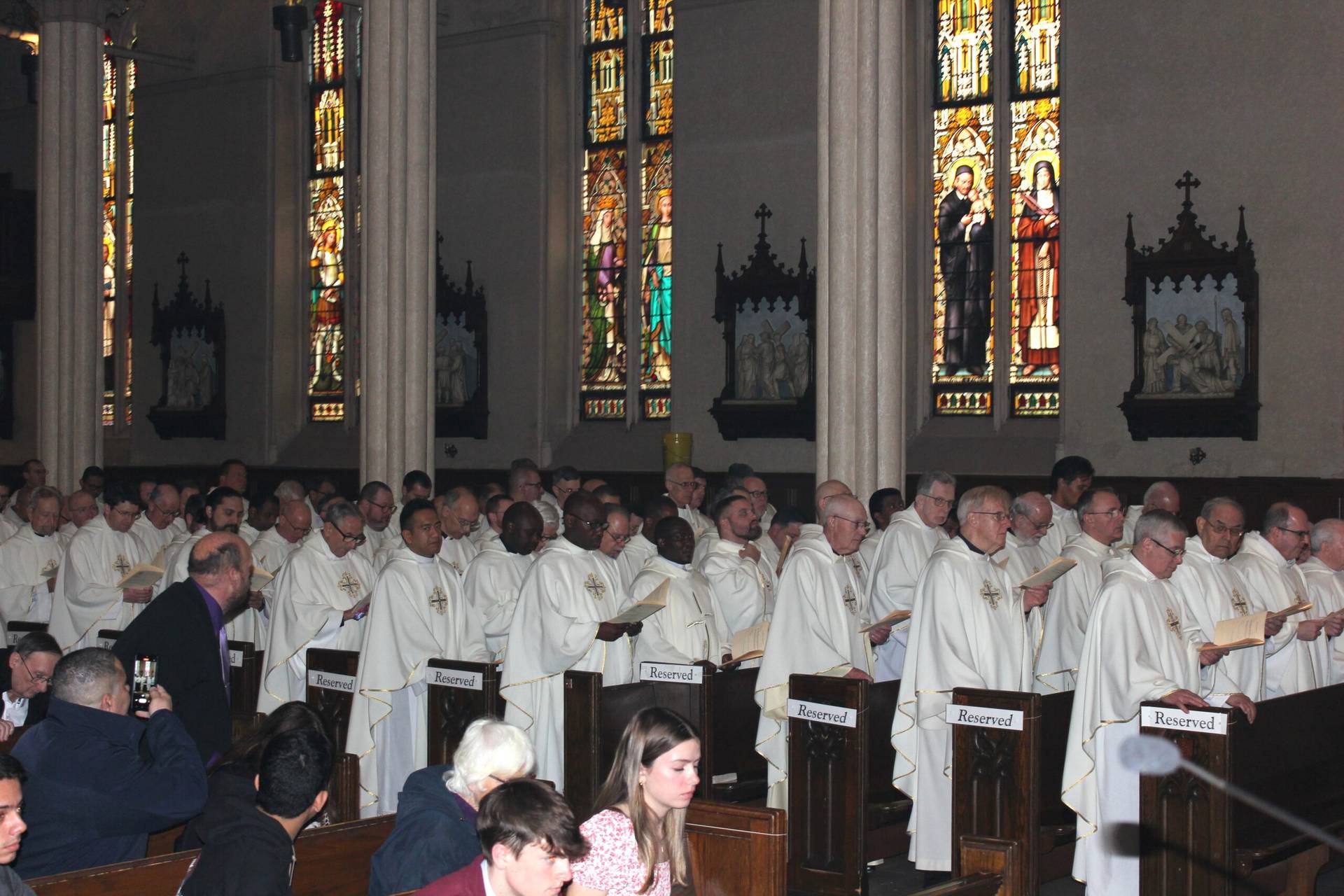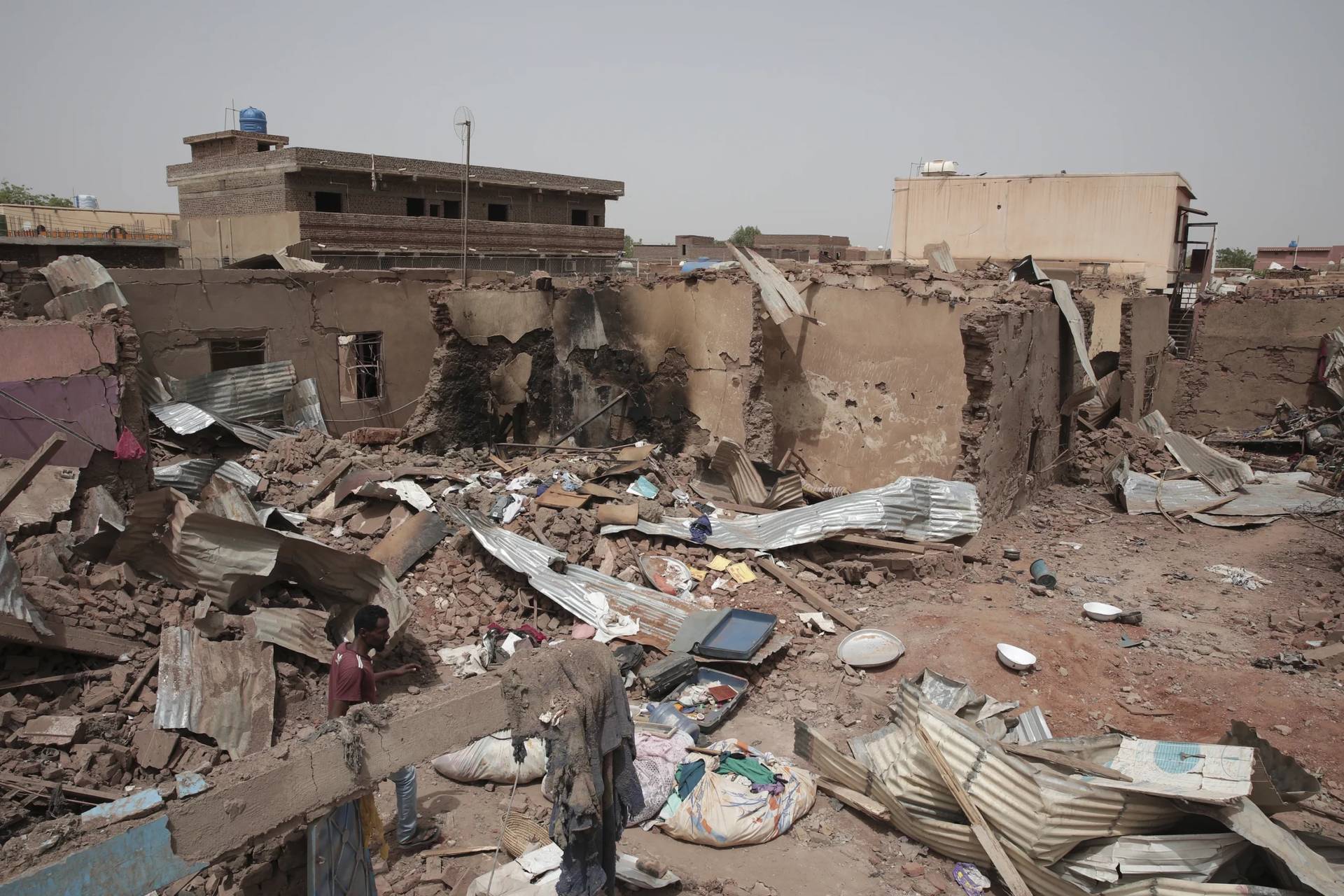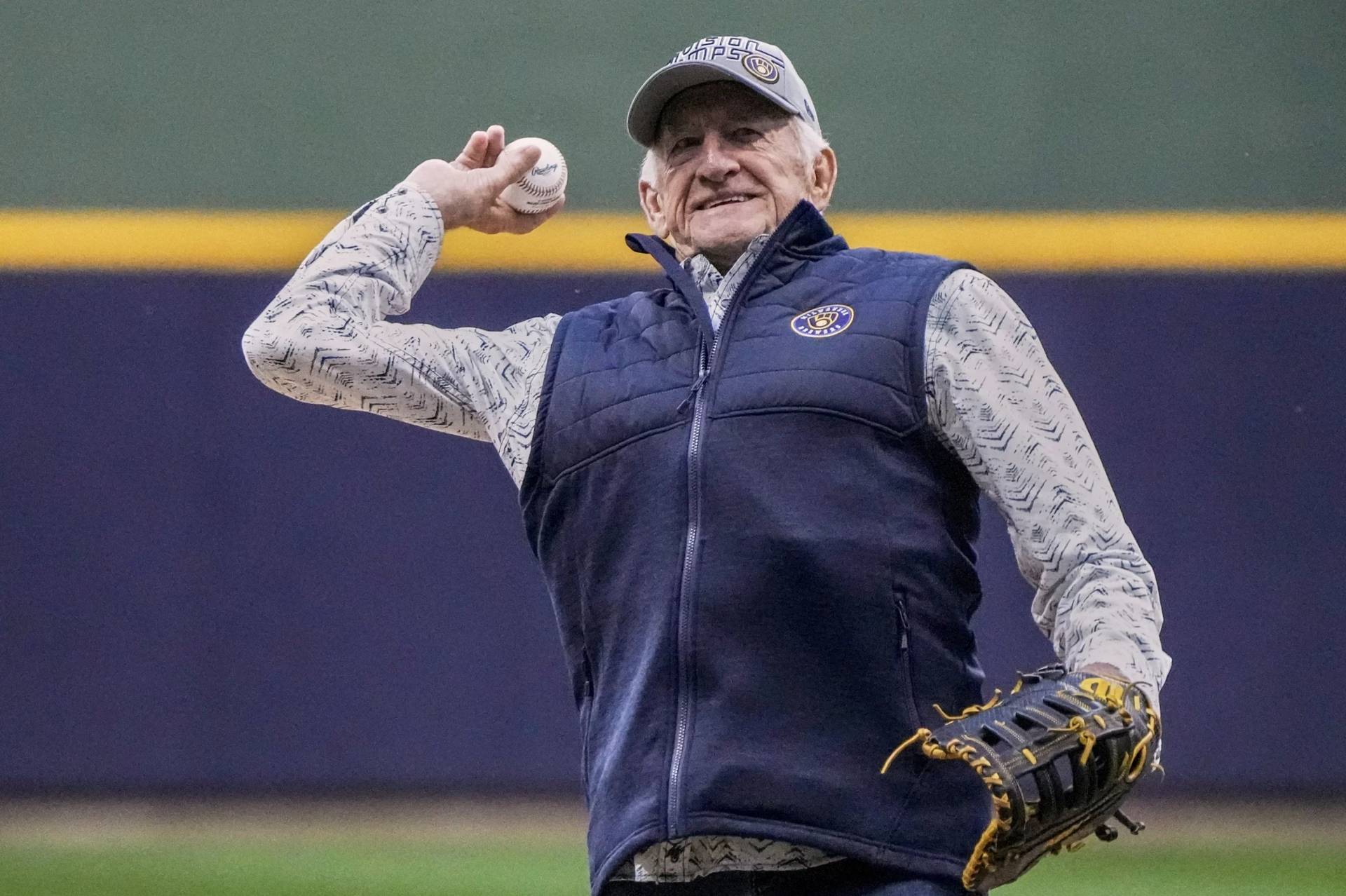SÃO PAULO – Catholic leaders in Brazil are joining efforts to stop attempts to pardon the conspirators who planned a coup d’état in Brazil at the end of 2022.
The Bishops’ Conference’s Justice and Peace Commission and the National Council of the Laity of Brazil (known as CNLB) wrote a petition that was signed by dozens and dozens of other Church organizations and human rights’ activist groups against the idea.
The signatories express in the Dec. 18 document their opposition to “initiatives aiming at the impunity of the conspirators” and accuse the civil entities that haven’t manifested their criticism about the attempted coup of “omission and conniving,” sins that are so “serious as a deliberate action.”
The petition refers to a recently released report of a long inquiry conducted by the federal police. The investigators discovered former President Jair Bolsonaro (2019-2022) and his closest collaborators, most of them high-ranking military officers, planned to stage a coup after he lost the election to current President Luiz Inácio Lula da Silva. Their idea was to impede Lula from taking office in January of 2023.
While many of the planned actions never became concrete – a group of officers even decided to kill Lula, his Vice Geraldo Alckmin, and Supreme Court Justice Alexandre de Moraes – the conspiration had its most effective actions on Jan. 8, when thousands of pro-Bolsonaro supporters invaded the esplanade where the government buildings are located in Brasilia and stormed into a number of them, vandalizing everything they saw.
The Brazilian version of the 2021 Capitol riots in Washington, D.C., according to analysts, aimed at creating chaos in the capital and thus prompt the Armed Forces to assume control over the nation, something that could ease the resistance of the segments of the military which didn’t want to stage a coup against Lula.
While the Supreme Court has already convicted 250 participants of the Brazilian Capitol riots, the men who were behind the conspiracy are still being investigated. Top generals, like Bolsonaro’s Minister Walter Braga Netto, have been detained. But Bolsonaro himself has remained free, as well as many others.
Since the beginning of the detentions, segments of the Armed Forces and of the opposition parties in Brazil have been promoting the idea that there should be a broad pardon to them. As the government had been negotiating with all parties the approval of some of its most important projects in the Congress over the past few months, there was a fear that the opposition could bargain votes for the governmental bills in exchange for the pardon to the 2022 conspirators.
Moreover, many in the Brazilian right-wing have been excited about the election of President Donald Trump in the United States and hope that he can exert pressure on the Brazilian state for a pardon to the conspirators.
“In the face of all that, we felt the need to express our firm defense of democracy and the need of avoiding impunity,” Daniel Seidel, who heads the Justice and Peace Commission, told Crux.
The document mentions the social perplexity caused by the federal police report, which revealed the conspirators’ plan to kill – by poisoning or exploding – Lula and to create concentration camps to imprison opponents of the authoritarian regime that would follow.
“Brazil cannot passively live with successive attempts to overthrow democracy by sectors of the military, business elites and large landowners, bankers, political reactionaries, corporate media and religious fundamentalists (such as some Catholic priests named in the Federal Police investigation […]),” the letter read, alluding to Father José Eduardo de Oliveira e Silva.
A priest with connections to the Opus Dei who was friends with Olavo de Carvalho, a self-proclaimed philosopher who was the main intellectual of the far-right in Brazil until his death in 2022, Silva allegedly took part in the group of conspirators that worked on the legal basis for the coup. The federal police identified several trips he made from São Paulo to Brasilia to meet other conspirators.
Silva, who is a member of Brazil’s association of Catholic jurists, denied his involvement in planning the coup and accused the police of disrespecting his priestly secrecy when looking for messages and files in his smartphone.
“I’m very saddened to see that a priest took part in such plans. Following Jesus is especially about working for the poor and preaching love,” Sonia Oliveira, who heads the CNLB, told Crux.
The priest’s involvement in the planned coup embarrassed segments of the Brazilian Church, which has been greatly divided between Bolsonaro’s supporters and those of Lula over the past few years. The Bishops’ Conference failed to mention the subject.
“Some have been arguing that the whole process is illegal and that the Church is being persecuted. But that’s not true. The Church’s social doctrine regards democracy as a central element,” Seidel said.
The letter affirms that the inquiry against the conspirators has been following all “the democratic and constitutional rites.”
After demanding that all people involved in the conspiracy must be held responsible, the document asks all civil entities, including the Bishops’ Conference, to “publicly manifest by demonstrating that in Brazil there isn’t and there won’t be room for those who defy democracy.”
The long list of signatories includes many diocesan Justice and Peace Commissions, social pastoral groups, Liberation Theology-inspired Catholic movements, the National Association of Presbyters of Brazil, and a number of nongovernmental organizations.
Despite all pressure coming from Bolsonaro’s backers and the potential help of Trump to that group after he takes office, Sonia Oliveira doesn’t think that impunity will prevail.
“The Supreme Court has been conducting the process with great seriousness and recovering the importance of democracy, so I don’t believe they will be strong enough to prevent justice from being served,” she said.
